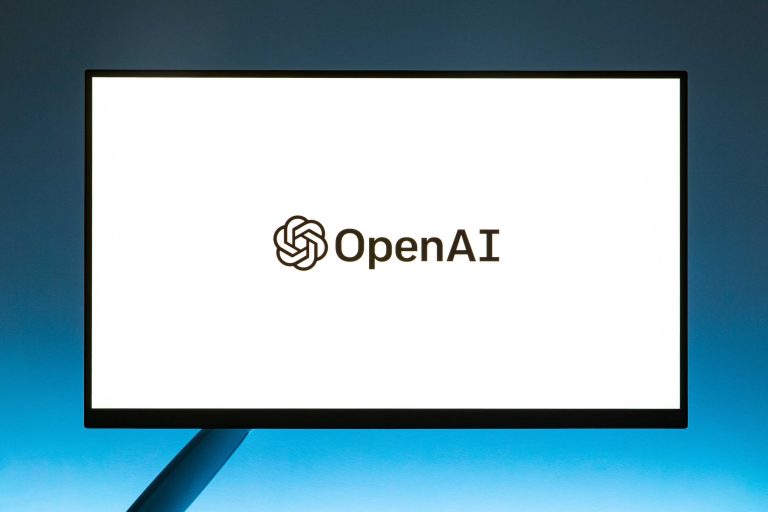The long, chaotic chapter that nearly tore OpenAI apart is finally nearing its end.
The world’s most influential artificial intelligence company announced on Thursday that it is close to converting into a more traditional for-profit entity, a monumental shift that involves a hard-won peace treaty with its top shareholder, Microsoft, and will endow its nonprofit arm with an almost unimaginable war chest of at least 100 billion dollars.
This grand reimagining is a direct response to the internal turmoil that saw CEO Sam Altman famously fired and then reinstated last year, a crisis that exposed the deep flaws in the company’s unusual governance structure.
The new plan is designed to provide stability, fuel future growth, and, most importantly, create one of the largest philanthropic organizations on the planet.
A new foundation, a staggering price tag
Under the planned changes, the original OpenAI nonprofit will retain ultimate control over a new public benefit corporation. But the most stunning detail is the sheer scale of the endowment.
The nonprofit will receive an equity stake of more than 100 billion dollars in the new corporation, a figure that a person familiar with the matter described as a floor that could still increase.
“OpenAI started as a nonprofit, remains one today, and will continue to be one — with the nonprofit holding the authority that guides our future,” Chairman Bret Taylor affirmed in a statement, emphasizing that the new structure would make the nonprofit “one of the most well-resourced philanthropic organizations in the world.”
This massive stake would give the nonprofit a roughly 20 percent share of a new OpenAI that is simultaneously pursuing a deal to let employees sell shares at a valuation of 500 billion dollars—a transaction that would make it the biggest startup in the world.
The Microsoft accord: forging a new peace
Before OpenAI could build its future, it had to make peace with its past—and its most powerful partner. For months, the company has been locked in painful and complex negotiations with Microsoft to reshape their relationship and secure the tech giant’s blessing for the restructure.
That critical hurdle now appears to have been cleared.
In a joint statement on Thursday, the two companies announced they had signed a “non-binding memorandum of understanding (MOU) for the next phase of our partnership.”
They added that they are “actively working to finalize contractual terms in a definitive agreement. Together, we remain focused on delivering the best AI tools for everyone, grounded in our shared commitment to safety.”
A chorus of concern: the hurdles that remain
But gaining Microsoft’s blessing is just one of several high-stakes battles OpenAI must still win. The company’s plan is under intense scrutiny from regulators.
California Attorney General Rob Bonta and Delaware Attorney General Kathy Jennings are currently reviewing the proposed changes, and last week they released a joint letter raising grave concerns about the safety of OpenAI’s products, particularly in their interactions with children.
“It is our shared view that OpenAI and the industry at large are not where they need to be in ensuring safety in AI products’ development and deployment,” the letter from the attorneys general said.
And then there is the formidable opposition of Elon Musk. An early backer who has since become one of the company’s fiercest critics, Musk is pursuing an active lawsuit that accuses the startup of defrauding investors and abandoning its charitable mission.
OpenAI has pushed back, but the legal fight with its estranged co-founder adds another layer of profound uncertainty to its ambitious transformation.
The post New OpenAI and Microsoft deal paves the way for a $100 billion nonprofit stake appeared first on Invezz

